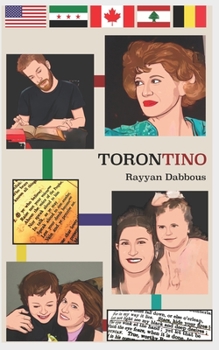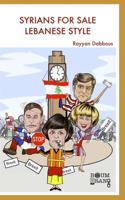Torontino
Select Format
Select Condition 
Book Overview
Between 2014 and 2021, Tino and his grandmother Aida exchanged over three hundred letters. The Syrian widow initiated the tradition when her grandson moved to Toronto. She terminated it when she urged him to return there. Tino's biggest mistake: in 2016, he defied his parents and renounced becoming a Canadian citizen. Aida's deepest regret: in 1962, she obeyed her parents and renounced becoming a singer. The source of their suffering: Tino declared his smallest feelings out loud; Aida kept her biggest thoughts private. He wrote to understand his wavering resolutions for the future; she addressed him to justify her past. Fear of death plagued Tino, not Aida. He could not embrace the power of social media: his grandmother did. He adopted and abandoned Canada, the United States, Europe... the destinations of her dreams. She bemoaned life in Lebanon, Syria, Saudi Arabia... the triggers of his nostalgia. He strayed away from Islam until he accepted his fate. She remained loyal to the Quran until she bent destiny.
Format:Paperback
Language:English
ISBN:B0B7DZN4Y2
ISBN13:9798841607069
Release Date:July 2022
Publisher:Independently Published
Length:360 Pages
Weight:0.86 lbs.
Dimensions:0.8" x 5.0" x 8.0"
More by Rayyan Dabbous
Customer Reviews
2 customer ratings | 2 reviews
There are currently no reviews. Be the first to review this work.























